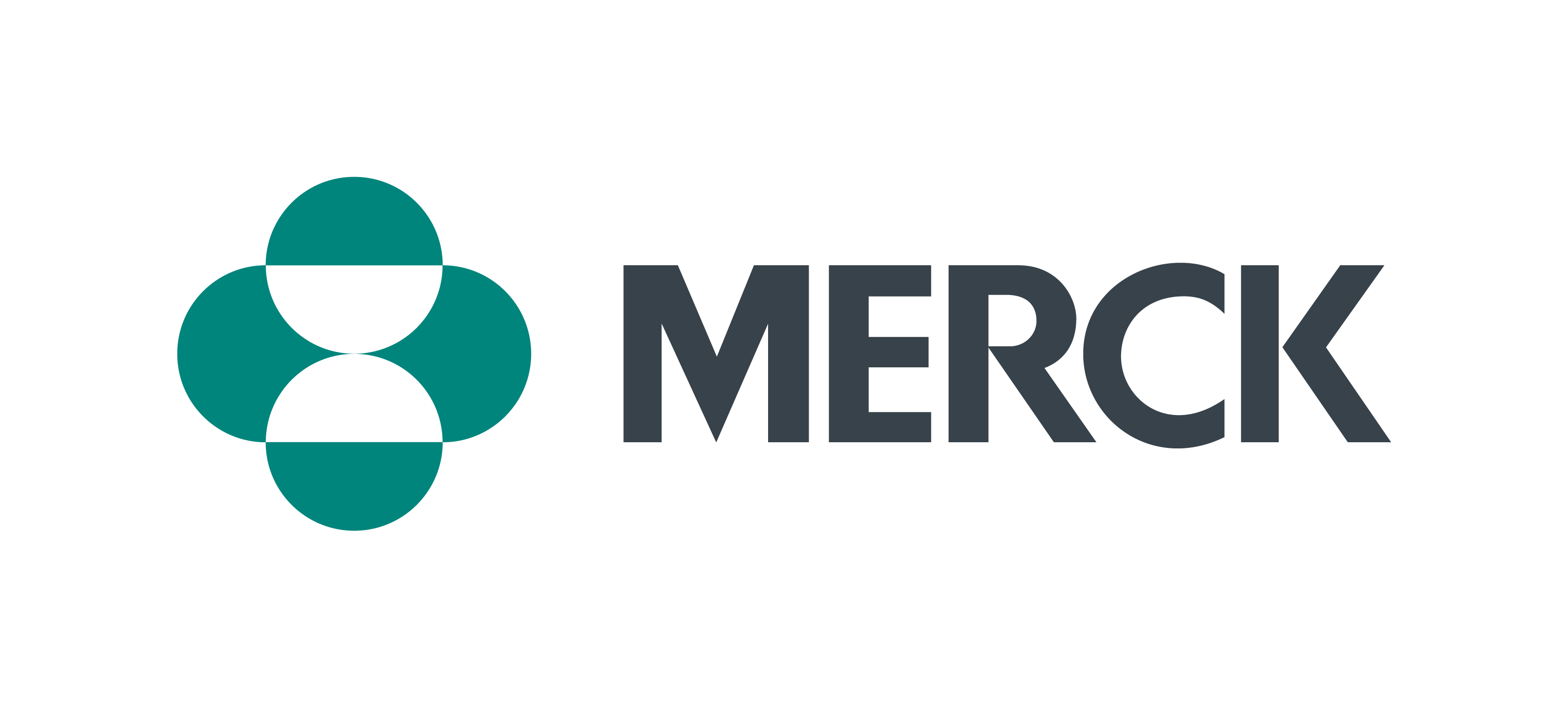Four years after winning an FDA approval for Koselugo to treat children with the rare disorder neurofibromatosis type 1 (NF1), AstraZeneca is touting a trial result that could allow the company and its partner Merck to expand the drug’s reach to adults.
In the phase 3 KOMET trial, Koselugo delivered a statistically significant and clinically meaningful objective response rate (ORR) in adult patients with NF1 who have symptomatic, inoperable plexiform neurofibromas (PNs). AstraZeneca shared the topline result from the placebo-controlled trial in a press release Tuesday.
According to AstraZeneca, NF1 affects around 1.7 million people worldwide, with about 70% being adults. The disease is typically diagnosed early in life but progresses as patients age. In 30% to 50% of patients, the disease causes tumors to develop on nerve sheaths that can be debilitating, according to AZ’s release.
The lack of approved treatments in adults causes many patients to experience disfigurement, persistent pain and to undergo multiple surgeries, AZ added.
The KOMET trial, the largest global placebo-controlled trial in the patient group to date, showed that Koselugo can reduce the size of PNs, according to the top-line trial result shared by AZ. The 145-patient trial demonstrates that the drug “has the potential to benefit adult patients for whom there are no approved targeted therapies,” AZ’s rare disease unit head, Marc Dunoyer, said in the release. The company looks forward to “sharing these findings with regulatory authorities,” Dunoyer added.
Array BioPharma originally developed Koselugo before AZ licensed the drug in 2003. The MEK 1/2 inhibitor endured several clinical setbacks over the years, including in lung cancer and thyroid cancer, before AZ and its partner Merck were able to cross the regulatory finish line in 2020 in NF1.
AZ and Merck inked a co-development and co-commercialization agreement on the therapy in 2017.
According to AstraZeneca’s 2023 annual report, the drug is approved in more than 55 countries and generated sales of $331 million last year.



